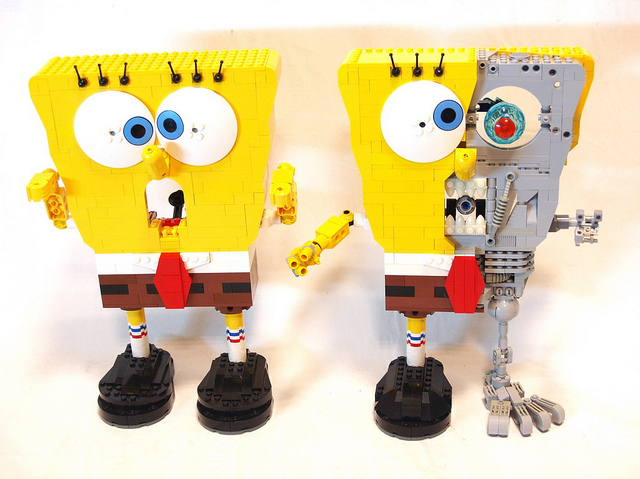
June 7, 2014 This coming week I’m attending the colossal gaming #Gsummit in S.F., a four-figure fee fandango (won in a drawing) that I’m eagerly sweeping my slate for in order to learn from ‘the biggies’ how large scale gaming and gamification can impact behavior change, physical/mental and social-emotional environments, education, imaginative play, and even widespread public … [Read more...]








